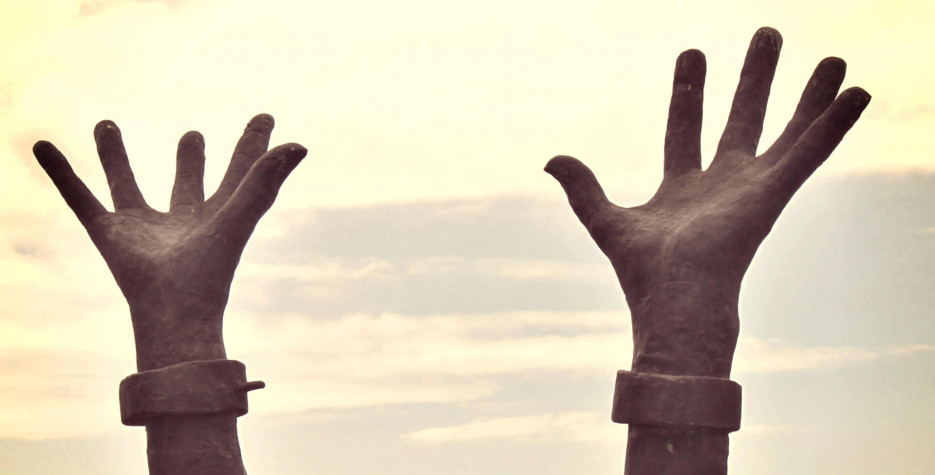When is Emancipation Day?
Emancipation Day (Spanish: Día de la Abolición de Esclavitud) is a public holiday in Puerto Rico on March 22nd each year.
This holiday commemorates the abolishment of slavery in Puerto Rico on this day in 1873 while the Island was still a colony of Spain.
History of Emancipation Day
The first European to visit the island was Christopher Columbus in November 1493. Puerto Rico would go on to become an important part of the Spanish Empire.
Like most European colonists, the Spanish encountered a labour shortage on their Caribbean conquests - mainly as they had decimated the local populations through diseases brought from Europe.
This meant the use of African slaves. In 1517, the Spanish Crown permitted its subjects to import twelve slaves each, thereby beginning the slave trade in their colonies.
The early use of slaves on the island was in the gold mines. When the mining stopped, demand for slaves was driven by sugar plantations. Overall, the numbers of slaves were small compared to other Caribbean colonies, but this didn't stop the desire to end the practice with over 20 slave revolts taking place on the island.
On March 22nd 1873, the Spanish National Assembly abolished slavery in Puerto Rico. The slaves were not emancipated; they had to buy their own freedom, at whatever price was set by their last masters. The former slaves also had to work for another three years for their former masters as compensation.


